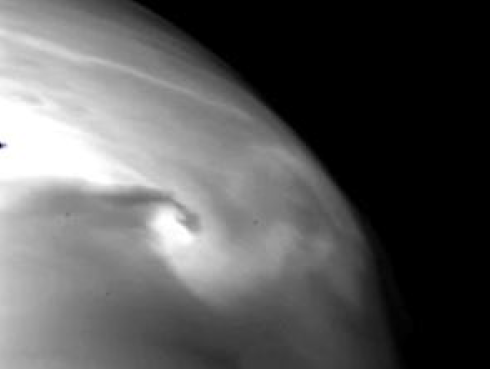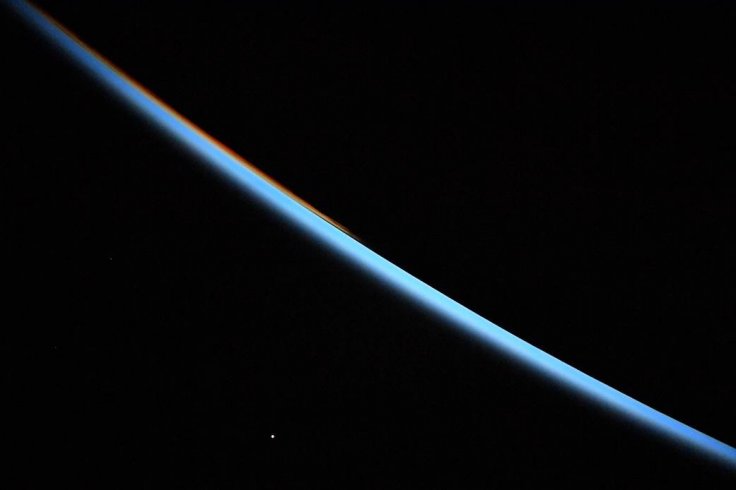
An exploration group is urging NASA to send a mission to Venus because it is more important than launching a crewed expedition to Mars. According to the group, studying Venus is vital because despite its uninhabitable condition now, the planet was once very similar to Earth.
For the past couple of years, NASA has been unveiling details of its upcoming mission. The first mission that the agency will embark on is a new human expedition to the Moon. According to the agency, the success of this mission will serve as a driving force for the launch of the first crewed spaceflight to Mars, which NASA expects to take place sometime in mid-2030.
For the upcoming mission, NASA is hoping to uncover new details about Mars such as the possible existence of water and extraterrestrial life on the Red Planet. However, According to the Venus Exploration Analysis Group (VEXAG), despite the discoveries that a Mars mission can offer, NASA should still consider exploring another planet in the Solar System.

"The Mars program has 'followed the water' and continued to look for evidence of life, but Mars only had liquid water present on its surface for a few hundred million years, [about] three billion years ago," Darby Dyar of VEXAG told Space.com.
"Moreover, the Mars program has long united around a single goal, which is to bring samples back from Mars," Dyar continued. "NASA Headquarters is supporting that goal with planning now. So my feeling is that although many outstanding science questions about Mars remain, they are second order compared to the dire state of knowledge about Venus."
For VEXAG, exploring Venus would provide clues regarding the evolution of Earth due to these two planets' similarities. Many scientists believe that Venus, which is the second planet from the Sun, once seemed habitable and displayed planetary conditions that were similar to Earth's current state. In addition, due to its distance from the Sun, Venus is situated in a region known as the habitable zone. This means that the planet is warm enough to hold liquid water.
However, when the Sun became older, it became hotter. The gradual increase in Venus' temperature caused by the Sun eventually transformed the planet's environment. Today, Venus has a hellish and an uninhabitable environment and is regarded as the hottest planet in the Solar System. Many experts believe that Earth could suffer the same fate as Venus once the Sun expands and gets even hotter billions of years from now.








